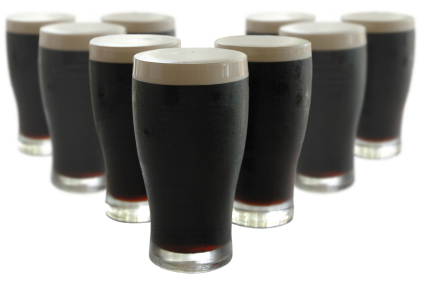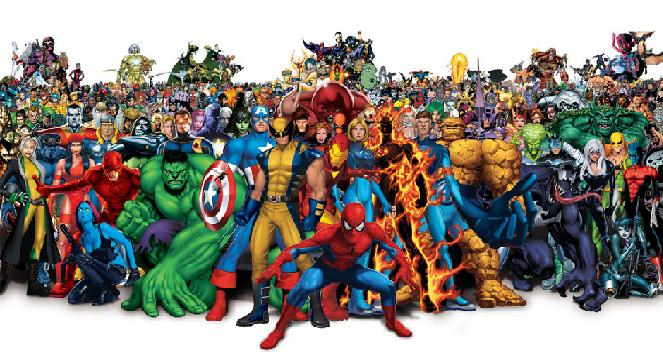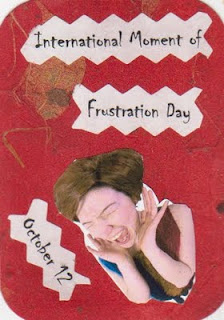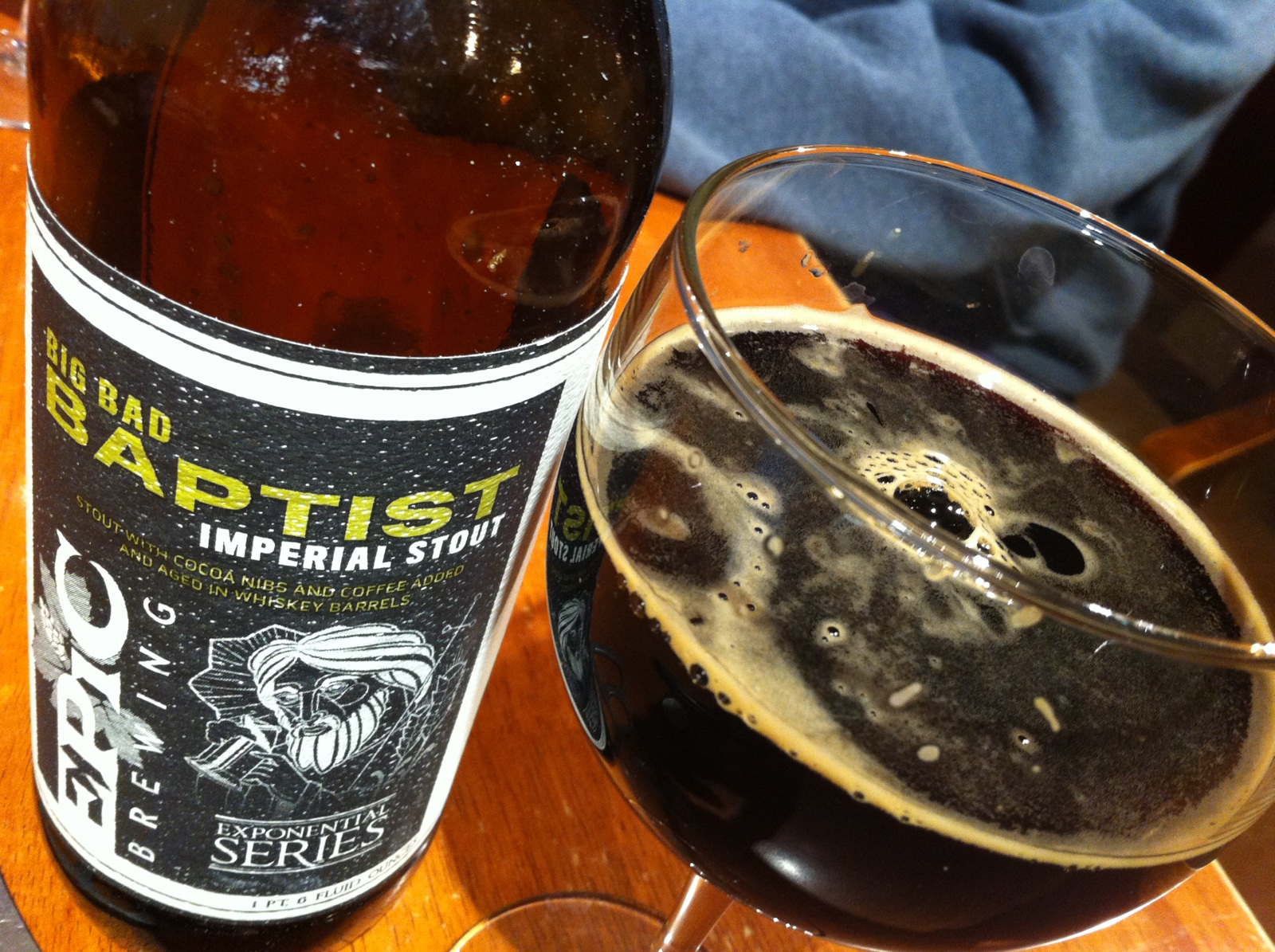O’zapft is!
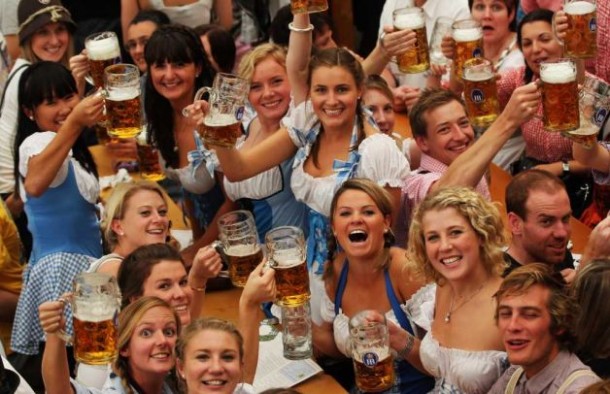
Even as a wine guy, I’ve always kept a fondness for beer (it does take a lot of beer to make great wine after all). Arguably the greatest beer event in the world, the annual Oktoberfest in Munich, will be ending as this issue goes to press. It’s an event that embodies what most people know of as stereotypical Germany.
It’s one of my favorite holidays, not simply because beer is involved, but it’s a signal for the change in season that brings with it the robust flavors of autumn and winter: dark holiday brews, hearty cold-weather meals, holiday festivities with traditional foods.
While it may be called Oktoberfest, the holiday actually takes place for 16 to 18 days from the third Saturday of September, ending on the first Sunday of October. The festival is traditionally 16 days, but since 1994 should the first Sunday of October fall on the 1st or 2nd of the month, it then continues for one or two additional days until October 3rd, German Unity Day.
The original Oktoberfest was a commemoration of the wedding between Crown Prince Ludwig of Bavaria (later King Ludwig I) and Princess Therese of Saxony-Hildburghausen in 1810. The two were married on October 12th, and in celebration organized a large horse race and several days of festivities that culminated on the 17th. The event was so popular that anniversary celebrations were held in subsequent years.
An agricultural show was added the second year, and carnival booths began to arrive in 1816. In 1819, the citizens of Munich took over responsibility for the festival, and declared that it would take place every year without exception (although it has missed 24 years due to wars and cholera epidemics). The town lengthened the festival, and moved the date forward into late September, because the weather in Munich is more favorable that time of year, and the average temperatures tend to stimulate a good thirst for beer.
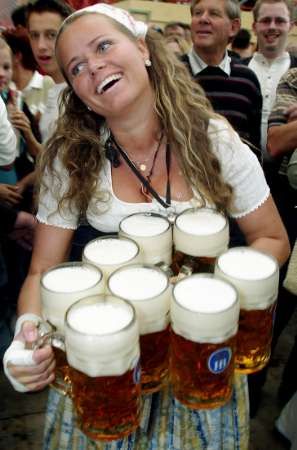 The famed Statue of Bavaria was added in 1850, and has watched over the festival grounds from the steps of the Bavarian Rumeshalle (Hall of Fame) at the old city gates ever since. A parade to honor the King and Queen was added for the first time in 1835, and became a staple event in 1850. Even today, the Costume and Rifleman’s Parade is an important part of the festivities. People wearing traditional lederhosen and dirndls, walk from Maximilianstraße through the center of town to the Theresienwiese (Therese’s meadow) where the festival takes place, led by the Münchner kindl (Munich child).
The famed Statue of Bavaria was added in 1850, and has watched over the festival grounds from the steps of the Bavarian Rumeshalle (Hall of Fame) at the old city gates ever since. A parade to honor the King and Queen was added for the first time in 1835, and became a staple event in 1850. Even today, the Costume and Rifleman’s Parade is an important part of the festivities. People wearing traditional lederhosen and dirndls, walk from Maximilianstraße through the center of town to the Theresienwiese (Therese’s meadow) where the festival takes place, led by the Münchner kindl (Munich child).
The Grand Entry of the Oktoberfest Landlords and Breweries took place for the first time in 1887, and is now the official prelude to the start of festivities on opening Saturday with the decorated brewery horse teams drawing beer carriages to the fairgrounds, along with festival bands marching and making the turn into the tents. Small booths gave way to beer hall tents beginning in 1867 to accommodate ever larger crowds, and the event has continued to grow into one of the largest festivals in world.
Oktoberfest currently runs 14 main tents along with rides and smaller carnival booths and tents. The traditional opening of the festival since 1950 has been the Lord Mayor of Munich tapping the first keg of Oktoberfest beer at high noon in the oldest venue, the Schottenhamel tent owned by Spaten Franziskaner, and announcing “O’zapft is!” (It’s tapped!) to the crowd.
The traditional beer of the event is known as Oktoberfest or Märzen beer. It’s a copper colored malty lager that’s full bodied, slightly spicy, and somewhat dry in terms of sweetness, with an alcohol content typically around 5-6%. Only six local Munich breweries: Augustiner, Hacker-Pschorr, Hofbräu, Löwenbräu, Paulaner, and Spaten are allowed to serve at the festival. Beer is served in the Maß, a 1 liter glass stein, carried by Bavarian beer maids that can tote them by the dozen. Of course, if you don’t care to fight the crowds of Munich, or can’t afford the airfare and hotel stay, many German communities around the world host their own Oktoberfest celebrations.
So, raise a Maß and sing after me, “Ein Prosit, ein Prosit, der Gemültlichkeit…eins, zwei, g’suffa!”
